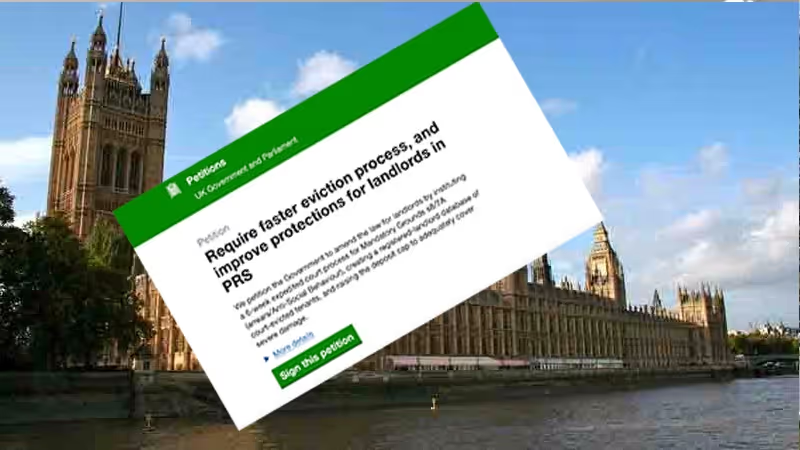The Renters’ Rights Bill isn’t likely to return to Parliament until after the party conferences in mid-October, according to property lawyer David Smith.
Following the government’s rejection of all the Lords’ amendments to the legislation last week, it will now go through the ‘ping pong’ process of returning to the Lords for any of the rejected amendments to be modified and then resubmitted.
Smith, at Spector Constant & Williams, says while he expects some further Lords amendments will be made, he would be surprised if the government accepts them.
“Additionally, amendments can only be made consequentially to amendments the Lords made which the Commons then rejected,” he explains. “So do not take anyone seriously who suggests that a magical new Lords amendment can be made to restore Section 21 - it cannot.”
October
Smith expects Royal Assent to happen somewhere around the end of October, then new powers for local authority enforcement would come into effect automatically two months after this - around the end of the year.
However, he is not confident that the government will give the sector six months to prepare for the ending of Section 21, removal of ASTs and fixed terms tenancies, and changes to rent increases. “I anticipate these coming into effect in early spring, possibly very early spring,” he adds. “I would expect things like the database, redress schemes, Awaab’s law and Decent Homes Standard in the latter part of 2026.
Christmas
“The clock is very definitely running after Royal Assent with a lot for the PRS to do in a very limited time and with Christmas happening in between.”
During a speech in the Commons, Housing Minister Matthew Pennycook justified rejecting most of the amendments tabled in the Lords by claiming landlords would take advantage of any concessions within the legislation to behave poorly.















.avif)
.avif)




















Comments